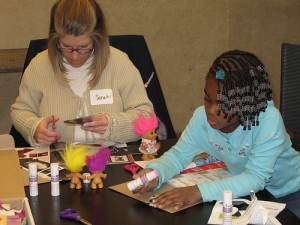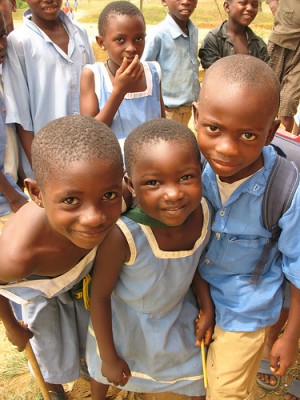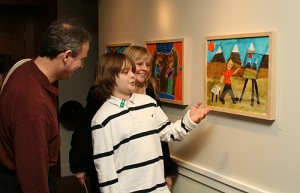More about D.C.’s IHOP restaurants– here’s a piece about the life of Clarence Jackson Jr., whose son I interviewed yesterday for DCentric. Both men are co-owners of the new IHOP in Columbia Heights:
As a family, Jackson and his two sons, Tyoka and Clarence Jackson III, own the first IHOP franchise in Washington, D.C. at 1523 Alabama Ave., SE. They plan to open a second one in the North West neighborhood of Columbia Heights in October. “If I told you the beginning, you would think you already knew the ending,” said Tyoka of his father. “My father’s story is about overcoming odds. Owning D.C.’s first IHOP in southeast right at Alabama and Stanton is one of the odds.”…
“When we opened the store, we all bussed tables, washed dishes and cleaned toilets,” Clarence Jackson III, remembers. Monique, Jackson’s daughter, serves as kitchen manager and is known in the area for her special recipe for the restaurant’s Fish Fridays. Also on staff are Jackson’s nieces, nephews and grandchildren.
D.C. council chairman and mayoral candidate Vincent Gray gloated over the eatery, which he hopes becomes a landmark. “Mr. Jackson, where do you think these people went before you built this store?” he asked on one of his recent visits to the Alabama Avenue IHOP.
Congress Heights resident Janetta Chambers, 45, answered the question.








